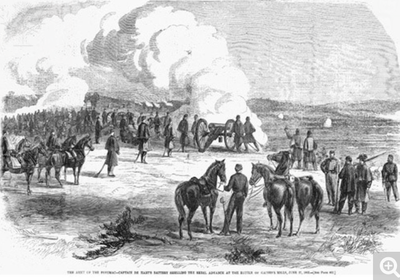

But then so did Nazi German generals such as Erwin Rommel and Heinz Guderian. There is nothing praiseworthy about any of this even if, like all soldiers, many Confederates showed considerable prowess and bravery in battle. Army officers such as Lee and Jackson, violating their oaths to “support and defend the Constitution of the United States against all enemies, foreign and domestic”? For triggering the most bloody conflict in American history? For fighting to keep their fellow citizens in bondage? That Jefferson and Washington were flawed human beings does not negate their greatness or the debt that we owe them for creating our country.īy contrast, what is it that we are supposed to be grateful to the Confederates for? For seceding from the Union? For, in the case of former U.S. Jefferson, for his part, freed five slaves in his will and the other 130 were sold by his estate to cover his substantial debts.īut Washington and Jefferson also created a system of government that, while stained by the original sin of slavery, nevertheless established certain “unalienable rights” that would finally be vindicated after the struggles of the Civil War, Reconstruction, and the civil-rights movement of the 1950s and 1960s. That is why Washington in his will freed his slaves after his death (although his widow continued to own her own slaves). True, Washington and Jefferson were slaveholders, and they were acutely conscious that this shameful practice contradicted the soaring ideals of the Declaration of Independence. This helps to explain why there are, in fact, no calls to raze the Washington Monument or the Jefferson Memorial even from those who believe that the United States should pay reparations for slavery. And it doesn’t take a lot of knowledge of history - which the president plainly does not possess - to grasp that basic distinction. Lee and Stonewall Jackson, on the other, comes down to this: The former helped created the United States of America the latter fought against it. At the most basic level, the difference between George Washington and Thomas Jefferson, on the one hand, and Robert E. Even the president’s outside attorney, John Dowd, got into the act, circulating an email claiming: “You cannot be against General Lee and be for General Washington, there literally is no difference between the two men.” I wonder, is it George Washington next week? And is it Thomas Jefferson the week after? You know, you really do have to ask yourself, where does it stop?” The next day, Trump doubled down on this message via Twitter, suggesting that his defense of Confederate monuments is no passing whim but a deeply held conviction. I noticed that Stonewall Jackson is coming down. “Many of those people were there to protest the taking down of the statue of Robert E.

In his third - and most appalling - set of remarks on a violent white supremacist rally, Donald Trump not only engaged in moral equivalence between neo-Nazis and anti-racist counter-protesters, he went so far as to defend the grudge that brought the white supremacists to Charlottesville in the first place.


 0 kommentar(er)
0 kommentar(er)
